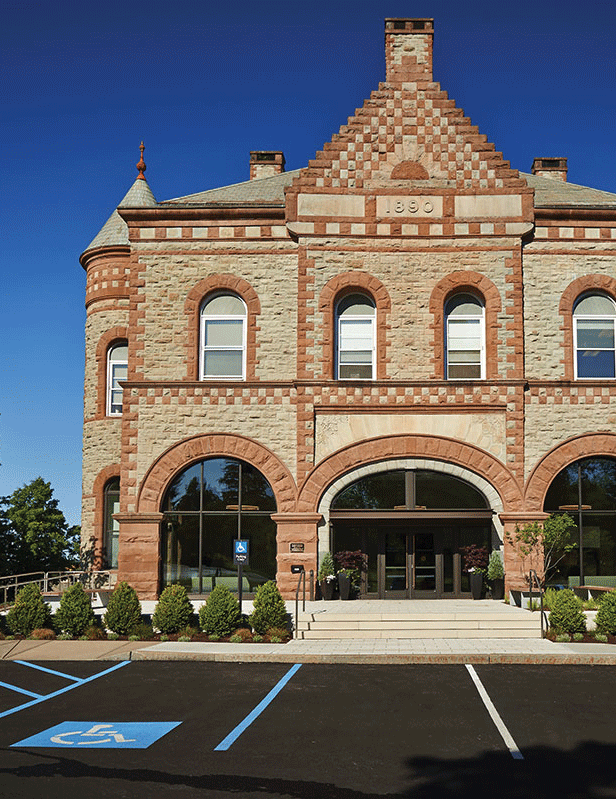Amid Bribery Scandal, Colgate Reviews Admissions Practices 
Following news of the college admissions bribery scandal, Colgate will re-evaluate its undergraduate admissions processes.
In light of the recent college admissions bribery scandal that saw the indictments of 50 wealthy parents, athletic coaches and college administrators, Colgate has begun conducting a review of its admission practices and processes.
“Out of an abundance of caution, the university [wants to] make sure we are minimizing our own risk and ensuring the integrity of our admissions decisions,” Vice President and Dean of Admission and Financial Aid Gary Ross said.
Syracuse-based law firm Bond, Schoeneck & King is responsible for conducting the review, and the process will be overseen by Colgate’s Board of Trustees.
“[The review] will consider, among other risks, the specific avenues of fraud that were identified in the Singer indictment (including falsification of test scores and of athletic profiles). The reviewers will meet with relevant staff, and will have access to whatever data they need to conduct their review,” Christopher Wells, Senior Advisor to the President, said. “Board leadership, as well as appropriate offices and campus committees, including the Committee on Admission and Financial Aid, will be updated when this process is completed, and the hope is to have the review completed as soon as is practical given the need for a thorough consideration of the issues.”
Though Colgate is not among the 10 universities named in the scheme, which first made headlines on March 12, it bears resemblance to schools that are. Colleges listed in the indictment, including Georgetown University, University of Southern California, Wake Forest University and Yale University, are elite private schools that recruit high schoolers with academic records and athletic abilities similar to those of prospective Colgate students. The schools’ selectivity is similar to Colgate’s, too: the average Class of 2022 acceptance rate for all ten schools involved in the scandal (based on their respective websites)—20 percent—is just short of Colgate’s 25 percent.
Prestige is not the only factor at play. In 2017, a New York Times report found that the median income of Colgate families is $270,000—the third highest of all 2,395 schools the Times studied. Some students expressed concern that Colgate’s attraction to wealthy applicants may make bribery more likely.
“Considering the financial status of many Colgate students, I wouldn’t be surprised if something like that happened here,” senior Emily Jacobs said. “With the increased amount of competition each year, I can see how easy it would be for a parent to offer a little something extra to make sure their child is accepted.”
For many parents involved in the national scandal, that “little something extra” took the form of a big ticket bribe to athletic coaches, who resultantly presented the parents’ students as athletes, even when the students had little to no athletic experience.
“We are obviously appalled by the national stories related to alleged fraud in college admissions at other institutions. Every coach at Colgate is expected, and contractually required, to follow academic guidelines set forth by the various athletics conferences in which we participate and the National Collegiate Athletic Association,” Colgate Athletics said in a statement.
Ross added that the Office of Admission never relies on the recommendation of a coach alone.
“Achieving excellence as athlete is not enough to receive an offer of admission. Recruited athletes need to demonstrate that they possess the capacity to be successful when they encounter the academic challenges that every Colgate student will face in the classroom,” Ross said. “It is important to note, in light of recent events elsewhere, that Colgate coaches do not make admission decisions—those decisions, in order to be valid, must be made by the admission office.”
Ross said that Colgate’s strong student-athlete NCAA Graduation Success Rates (GSR) are evidence of this process. According to NCAA figures from December 2018, Colgate has a 97 percent GSR, which means that 97 percent of its student athletes graduate on time. Ross also pointed to the fact that 285 student-athletes were recognized with Patriot League Honor Roll status in the 2017-2018 academic year.
Contact Mara Stein at [email protected].







